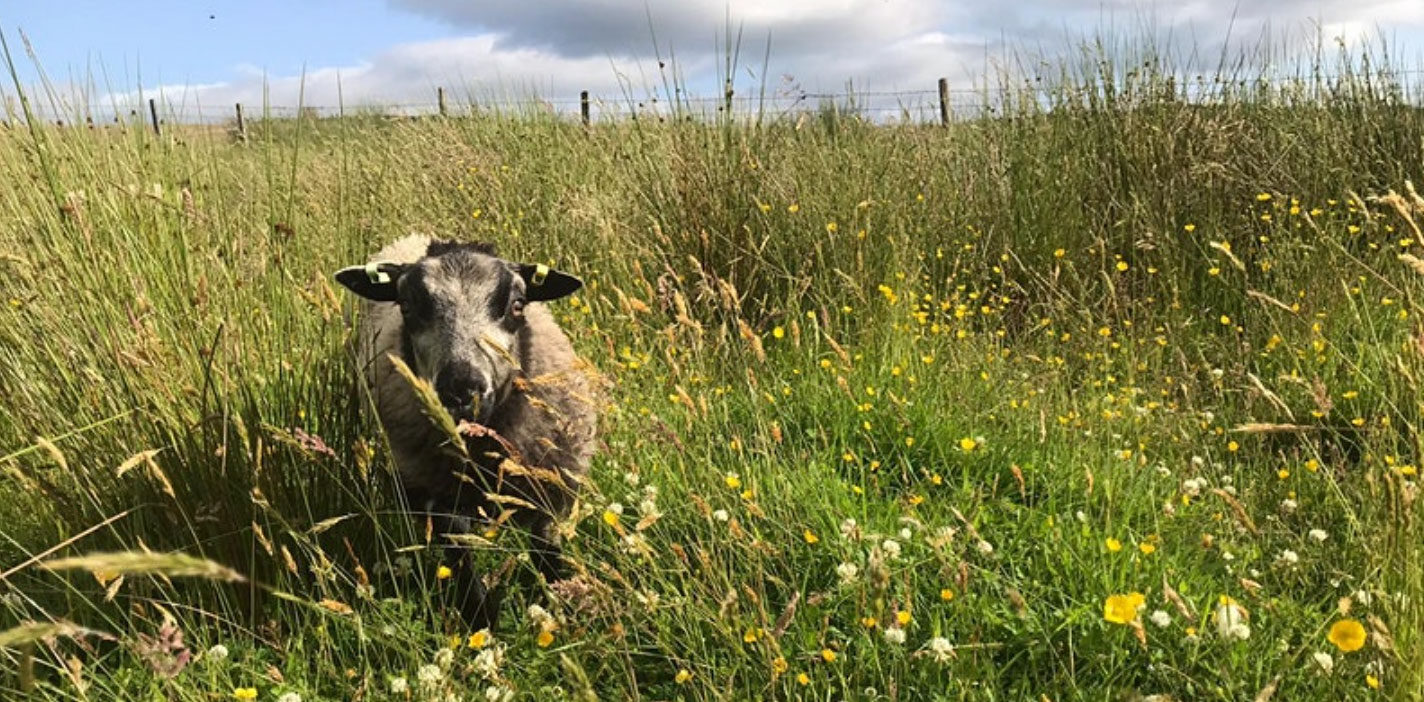About this event
Hear from Poppy Frater (SAC), Vic Ballantyne (Clynelish Farm) and Katharine Sharp (Achpopuli Farm) about their approaches to animal health & nutritional management, including a discussion of:
- The value and practice of body condition scoring ewes
- The basics of supplementing forage to meet ewe requirements
- Breeding selection and weaning
- Holistic grazing for soil health, biodiversity and productivity
- Managing worms and fluke with fewer inputs
- Choosing the right animal for the right place in the right system
This interactive online workshop will offer space for questions and small group discussion, so participants have a chance to share knowledge and build their networks.
The workshop is open to farmers, crofters and new entrants living in Scotland, working the land at any scale. It is supported by the Scottish Government’s Knowledge Transfer and Innovation Fund.
A bit more about our speakers:
Poppy Frater
Poppy is a Sheep and Grassland Specialist as part of the national Beef and Sheep Specialist team of SAC Consulting. As a specialist, she holds in depth technical knowledge on sheep nutrition, flock performance and grassland management. Prior to this role, she worked with AHDB Beef and Lamb in the Research and Development team and FARMAX Ltd (a farm decision support service in New Zealand). She is also in the process of completing a PhD part time alongside her role entitled ‘Is mob grazing beneficial to the soil health and environment?’.
Vic Ballantyne, Clynelish Farm
Vic farms 125 hectares near Brora in east Sutherland alongside her husband Jason. They run 700 mostly Aberfield cross ewes, 80 Angus & Stabiliser cross suckler cows and buy in weaned calves to grow on as forward stores. All breeding stock and half the calves are outwintered. They calve & lamb outside in late April and run a leader/follower rotational grazing system in the growing months having subdivided the farm with electric fencing in recent years. Vic is just starting a Nuffield Scholarship to look at what impact selecting for condition score can have on productivity in maternal livestock.
Katharine Sharp, Achpopuli Farm
Katharine farms 70 acres in a little hanging valley in the hills of Abriachan, on the north side of Loch Ness. She farms sheep, cattle, ducks and geese (focussing on native breeds like Shetland), producing pasture-fed meat, fleece and eggs. She is in the early stages of implementing a regenerative agroforestry system. The sheep are holistically grazed through the pastures, heath and bog, managing the grassland for wildlife and productivity, keeping soil healthy and capturing carbon. Diverse forage and natural salt licks provide their nutrition and mineral needs.
This workshop is part of the LWA’s Low input livestock workshop series which aims to empower women farmers in Scotland to share knowledge and skills that support a transition to agroecology.


